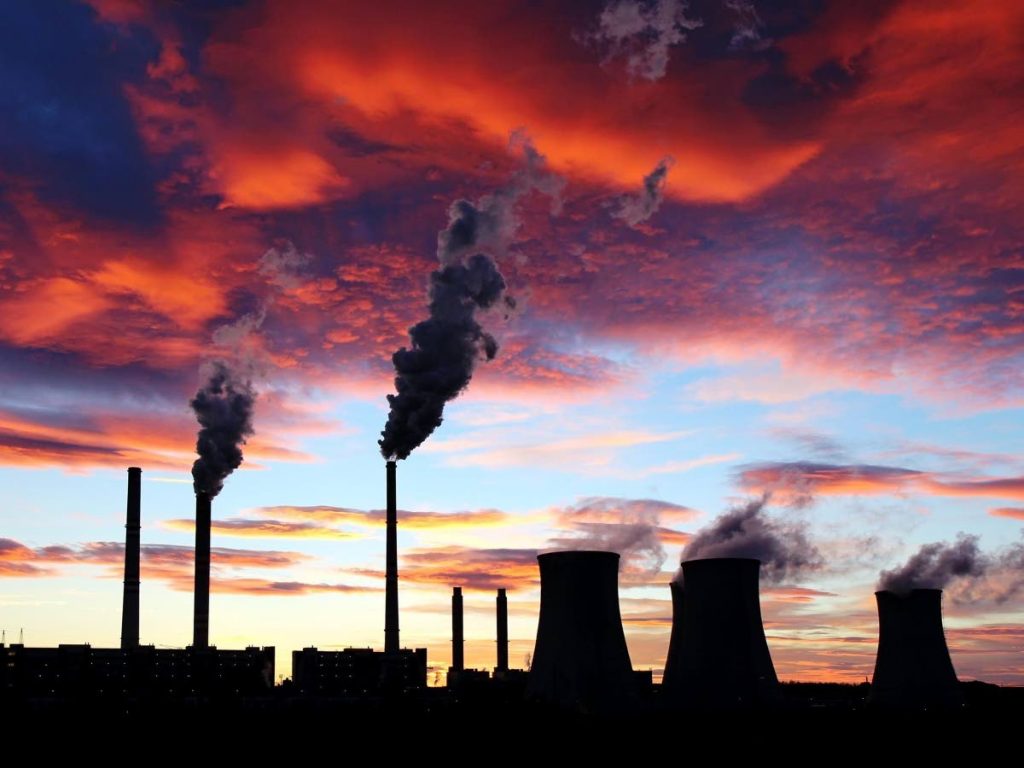'No silver bullet'

THERE is no one fix for the issue for a world demanding more energy and simultaneously seeking to reduce carbon emissions.
This was the view expressed by former BPTT president Robert Riley during his feature address last Thursday at the Institute of Chartered Accountants of TT's annual international finance and accounting conference at Hyatt Regency, Port of Spain.
He said a gap is emerging between increasing greenhouse gas emissions and countries' stated policies, citing the example of the US pulling out of the Paris agreement on climate change.
"And we continue to see apace the increase in carbon dioxide (CO2) emissions, and it is not consistent with the stated policies."
Riley pointed out that as the world's population and energy demands continue to grow, more CO2 is produced. He stressed that energy provision is critical to human prosperity and endeavour. The issue, he said, is finding a source of energy supply that will not continue to damage the environment.
"I am here to tell you this morning that there is no silver bullet. And it requires multiple technologies and fuels."
He said global energy demand will continue to grow at a fairly rapid rate of 1-1.3 per cent, which is significant, over the next 40 years. This demand, he explained, is largely driven not by traditional consumption but populations in countries such as India and China coming out of poverty and demanding energy streams.
"There is a very tight link between GDP growth and the issue of energy consumption."
He said BP believes it will not be too long before energy demand across the world will peak, a change from the usual talk about peak supply. He added that demand for electricity will begin to outpace demand for other energy sources by two to one. Riley noted that TT is on the "cleaner end" of electricity, as emissions from gas are half that of coal.

He recalled his former boss John Browne of BP, who now heads many carbon trading, purchase and exchange firms, had recently said that all the technologies to manage the issue of emissions exist, but are not all commercially at the same level. He said some of the substitutes will cost the society more.
"And that until we are ready to put the cost to CO2 emissions (carbon taxes or carbon pricing), we won't actually cause those technologies to go at the pace that we need to go to transform the situation that we will all live in. Because no one escapes this."
He said coal will still be part of the energy mix in 2050 and is very hard to displace, because a lot of capital has been poured into it and it has a long practical engineering functionality.
He said solar and wind will grow at a very large rate but from a very small base, and the impact will not be very big.
Riley predicted that natural gas will be a winner and is expected to grow by 50 per cent, which is good news, as it is a less carbon-intensive fuel.
"Gas is still a very important transitional fuel that does help the world to some extent. It doesn't do it as much as renewables, but we much prefer them to go to gas than to go to coal or oil."
He said if the Chinese and Indians introduced more coal to defend against US gas, it would be impossible to meet the emissions targets scientists believe are necessary, and there will be a more than two-degree rise in the average climate.
He lamented that countries are not good at working together across boundaries to reduce carbon emissions and have got worse, becoming isolationist and disbelieving the science. Riley said CO2 emissions were "really a sad story."
The Maldives, he noted, are really worried about what sea rise means, as it will not take much to submerge the small islands.
"But we live in the Caribbean like it's not a big deal. Like it's not even going on."
He said TT is one of the largest per-capita CO2 users, but: "What are we doing as a nation to be more sustainable?"
Riley said all the technologies, including the ability to capture the carbon, exist now, "But we really have to find ways to economically induce them into the population."

Comments
"‘No silver bullet’"